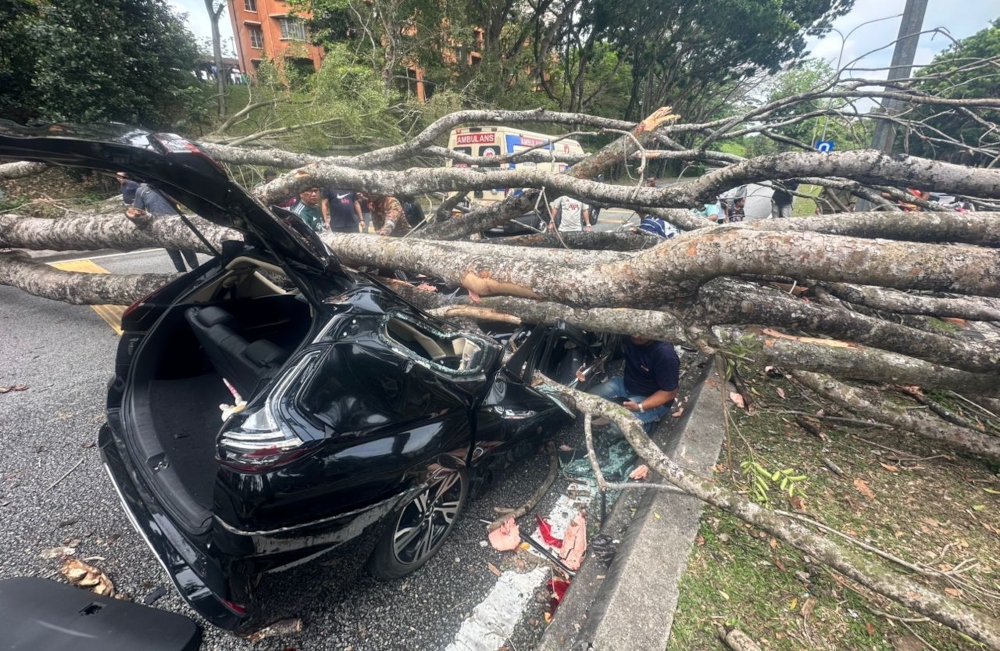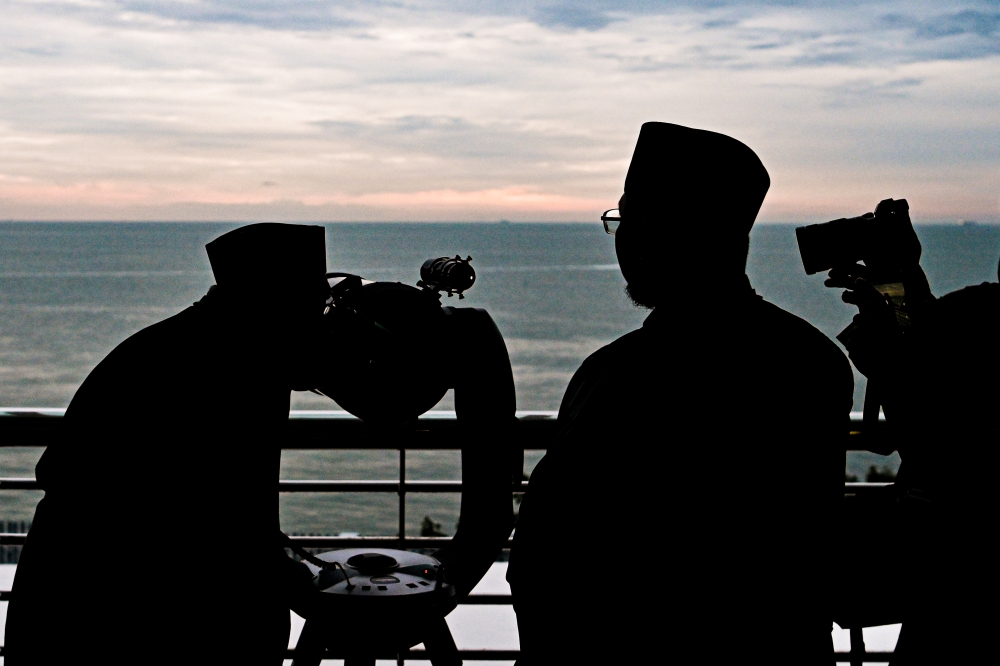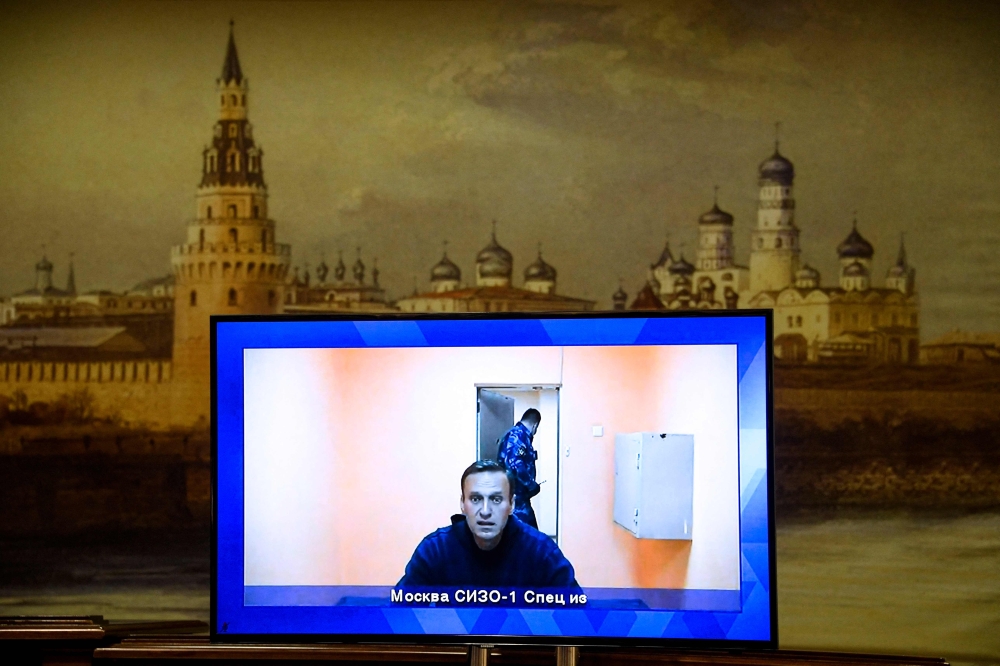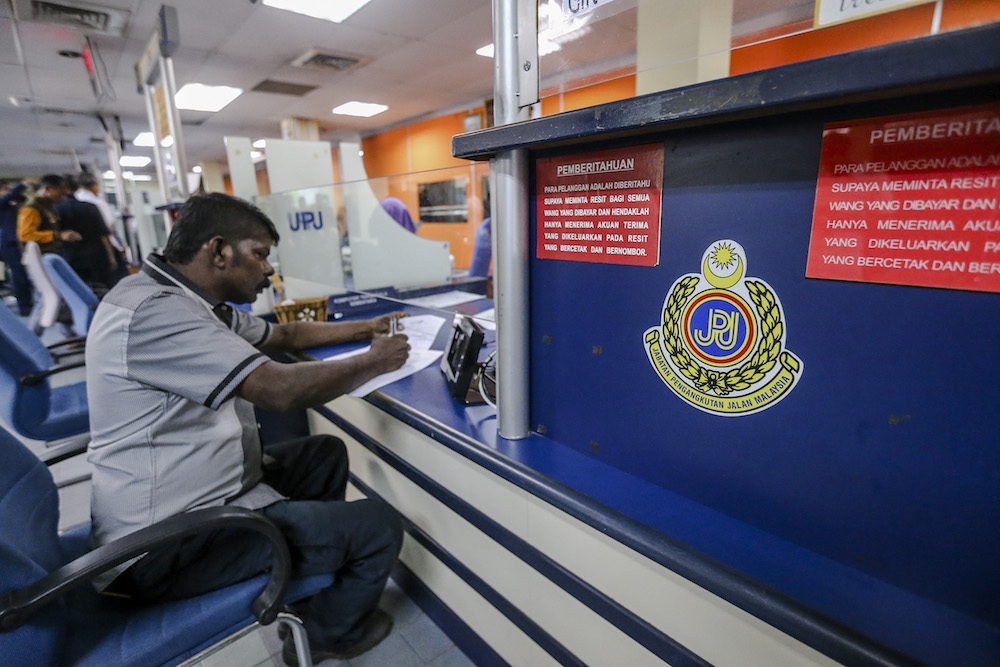SEPTEMBER 13 — This week has seen a lot of posts on social media about the Speedy Video branch in Mid Valley closing this Sunday, September 15, which I guess could realistically be called the company’s flagship store, as it’s one of its largest and oldest (at least before the huge one in Pavilion opened, which has since been closed for a while now).
For those of us who have been consistently buying physical media, this closure is something we’ve feared but been expecting for a while now, ever since Speedy Video branches all across the country started closing one by one in the last few years.
It started in the smaller towns, then spread to bigger cities outside the capital, with smaller outlets around Klang Valley also experiencing this bit by bit as one by one, the branches fell to the mighty power of streaming and downloads.
When Netflix billboards become the norm, you know that time’s almost up.
At first, us physical media collectors rejoiced at the endless sales and discounts on offer, from buy seven for RM35 for DVDs to buy two for RM55 for Blu-rays and even RM10 per Blu-ray for certain titles.
We rejoiced because we could still buy physical media, even if there were fewer and fewer outlets selling them, because it meant that they’re still being made, at least the ones for the local market.
While a lot of us who still shop for our stuff on eBay and Amazon have nothing much to worry about as we can still hunt for the stuff we want there, with physical media very much alive over there in the USA and Europe, especially when it comes to niche stuff like world cinema, horror and old movies (which are all stuff I’m crazy about), there’s one inescapable fact that kind of scares me when it comes to the closure of Speedy Video outlets all over Malaysia, which I’ll explain below.
With Rock Corner gone, and most smaller record shops in small towns also already gone, Speedy Video was practically the last man standing when it came to being an outlet for physical media producers to sell their wares to the buying public.
Like I said before, I’m not that concerned with the non-Malaysian stuff, especially those big movies from Hollywood and even the niche stuff I love like arthouse movies, horror flicks and genre movies, as I can still buy those from a huge variety of sources online.
What bugs me the most about Speedy’s closure is that I probably won’t be able to buy Malaysian films on physical media anymore now that the main outlets selling them are gone, which will also mean that they simply won’t be made anymore.
Before you start telling me that people can just stream that stuff nowadays, especially now that Netflix and iFlix look to be the new frontier over here, let me just tell you that our huge homegrown blockbuster last year, Paskal, sold so many of its DVDs when it was released that I had to wait almost two months to buy a copy, and I went to shops all over town, all of which gave me the same answer — it’s sold out and they’re waiting for a new pressing to come in.
So despite having seen it in cinemas, probably on Astro First as well, and then on Netflix, people still bought the DVDs in droves, in the middle of all this talk about the “death of physical media” and “emergence of streaming.”
Why did they do this? It probably has something to do with why I still buy physical media as well; it’s this part of us that wants to keep a memory alive by actually owning a piece of it.
I’m not going to repeat the dozens of articles available online about how access to a streaming service and even purchasing a movie digitally does not really mean that you’ll always have access to that movie, as you can just read those yourselves.
But just to summarise those usually long articles: not every movie is available for streaming, and even movies you’ve purchased on iTunes disappear from their database once the distribution agreement has lapsed or changed, but a DVD, Blu-ray or even VHS will still be there sitting on your shelf (or in boxes) for you to pull out and watch.
Movies like Paskal, Fly By Night, One Two Jaga may be on Netflix, and you can also find plenty of other examples on other streaming platforms like iFlix, Tonton, Viu and the likes, but still, not every Malaysian movie ever made is available to be streamed.
Why the inevitable disappearance of Speedy Video stores (and Music Valley way before them) worries me is that before this, if I wanted to, I could always buy a physical copy of movies that I wanted to have (relatively) permanent access to, to be able to pull out and watch anytime I like.
Say I feel like watching Man Laksa, or Kala Malam Bulan Mengambang, or the under-rated but brilliant expressionistic horror flick Chermin, or 90s classics like Kaki Bakar, Jogho and Dari Jemapoh Ke Manchestee, I can always pull out their DVDs or VCDs, put them in a player, and watch them there and then.
It’s a way of keeping the memory of a cherished (at least by me) Malaysian film alive, but also a way of privately archiving the history of Malaysian cinema (because we sadly don’t have a proper Malaysian film archive/cinematheque).
Or say I feel like going on a Hussein Haniff binge and watch his “purba” films like Dua Pendekar, Hang Jebat, Kalong Kenangan and Dang Anum, or his even better social dramas/comedies like Cinta Kasih Sayang, Jiran Sekampung or Gila Talak, I can always just reach for their VCDs on my shelf and watch them.
Will I be able to stream them or purchase them digitally, or even download them illegally? I doubt it.
And that’s a piece of memory and Malaysian cinema history that will slowly die.
Even not looking that far back, I’ll always be able to count on my DVDs of fairly recent movies like Shuttle Life, You Mean The World To Me, Mrs K and Dukun any time I want.
But what will happen to the future version of Shuttle Life, Dukun and the likes? Does this mean that once their cinema run, followed by Astro First and streaming deal (assuming they do get one) ends, we’ll have no way of revisiting them again?
Does that mean our future generations will eventually have no memory of them, at a much faster rate than the films from previous eras?
It’s a question that I don’t and won’t have an answer to. But as a cinephile, it’s one I’d like to raise, and one I hope is not forgotten soon.
* This is the personal opinion of the columnist.






















